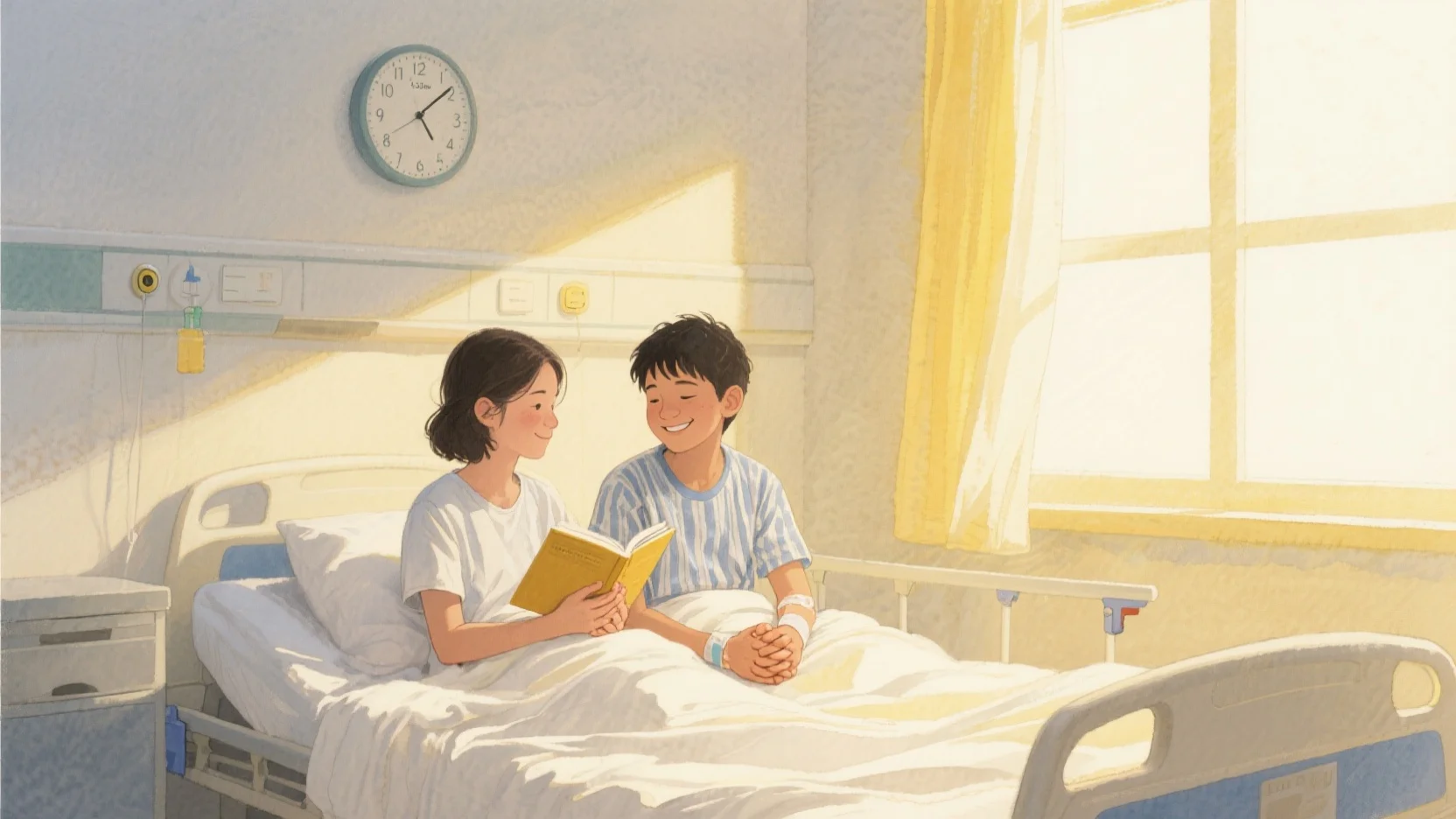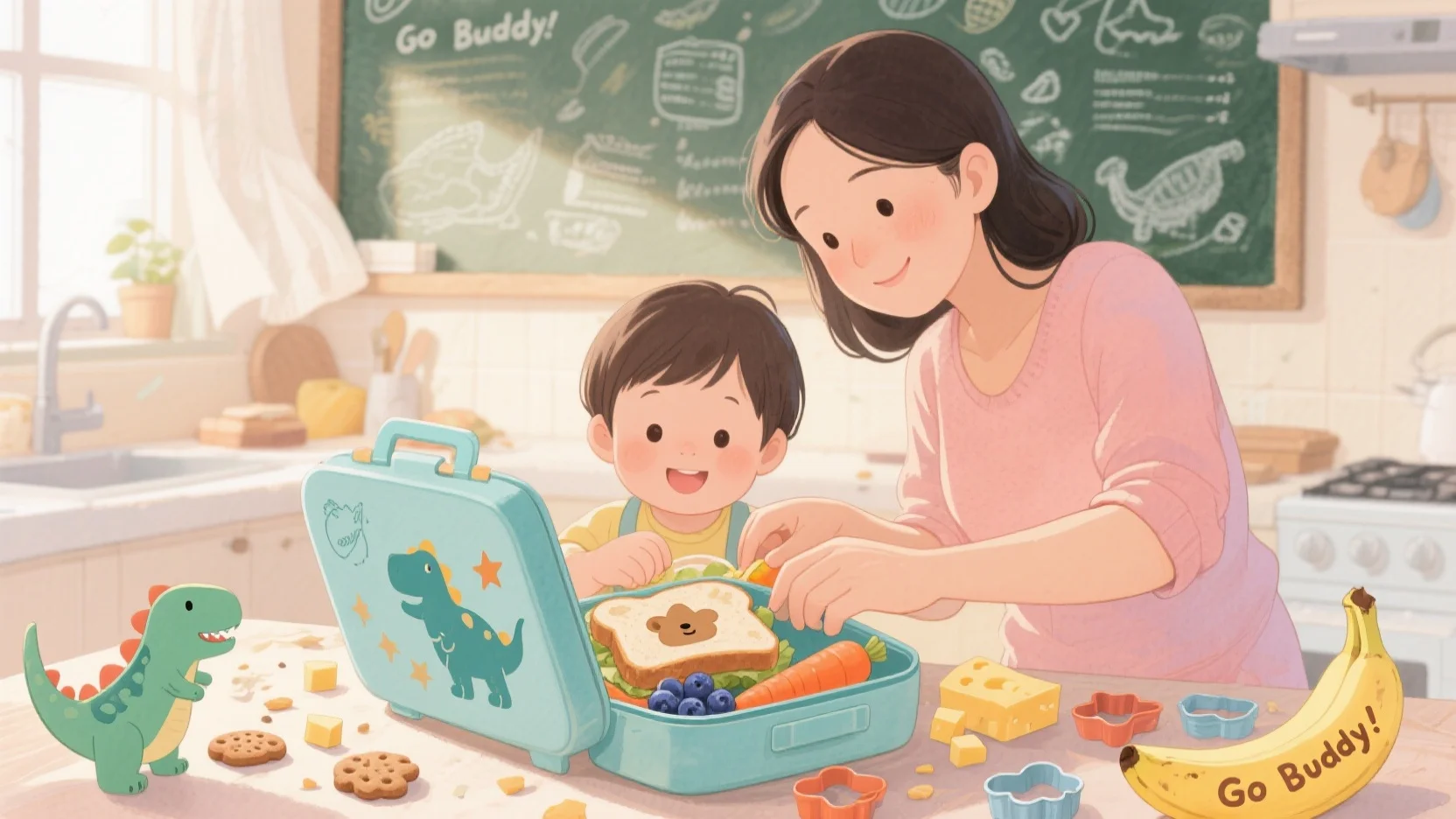More parents are postponing vaccines. Experts warn this could pose serious public health risks.
A growing number of parents are choosing to delay or limit childhood vaccinations, raising alarm among pediatricians and public health experts. While overall confidence in vaccines like MMR (measles, mumps, and rubella) remains high, shifting attitudes—especially among younger parents and political groups—signal a troubling trend.
📊 Changing Views on Vaccine Requirements
According to a Pew Research survey conducted in March 2023:
- 88% of Americans still believe the benefits of the MMR vaccine outweigh the risks
- But support for mandatory school-based vaccines is slipping
- 28% now say parents should be allowed to opt out—even if it risks others’ health
- Up from 16% in 2019
- Among Republicans, support for opting out more than doubled, from 20% to 42%
👶 Parents of Young Children Show More Hesitancy
The survey revealed more skepticism among parents of children under 5:
- Only 65% of these parents expressed high confidence in MMR
- 39% viewed the side effect risks as moderate to high
- Half questioned whether all childhood vaccines are truly necessary
🧪 The “Informed Vaxxer” Approach
One such parent, Tara Larson, a former ER nurse in California, began questioning vaccine schedules during her pregnancy. After watching anti-vaccine documentaries and reading vaccine safety inserts, she decided to:
- Delay her son’s first vaccines until 3 months old
- Limit shots to one per month, focusing only on what she deemed essential
- Leave her initial pediatrician and pay $250/month for a holistic provider who supported her plan
Now, as her child nears eligibility for the MMR vaccine at 8 months, she remains undecided—citing concerns about timing and rising measles cases.
🩺 What Pediatricians Say
Dr. Casares, a pediatrician in Oregon, strongly discourages delaying vaccines:
“There is no scientific evidence that spreading out or postponing vaccines benefits children—unless they have specific medical conditions.”
She attributes the rise in vaccine hesitancy to exposure bias—parents are bombarded with misinformation and scary anecdotes online, while rarely hearing about:
- The real dangers of vaccine-preventable diseases
- The success vaccines have had in preventing widespread illness
- The safety of adhering to standard immunization schedules
⚠️ The Public Health Concern
In a country where vaccination rates are still relatively high, it’s easy to forget how dangerous diseases like measles, polio, and whooping cough can be. But as more parents delay or skip vaccines, herd immunity weakens—increasing the risk of outbreaks that endanger the most vulnerable.
💬 Final Thoughts
Vaccination isn’t just a personal choice—it’s a community responsibility. Pediatricians urge families to talk openly with qualified providers, use reliable sources for information, and stay informed on the risks of both vaccines and the diseases they prevent.








